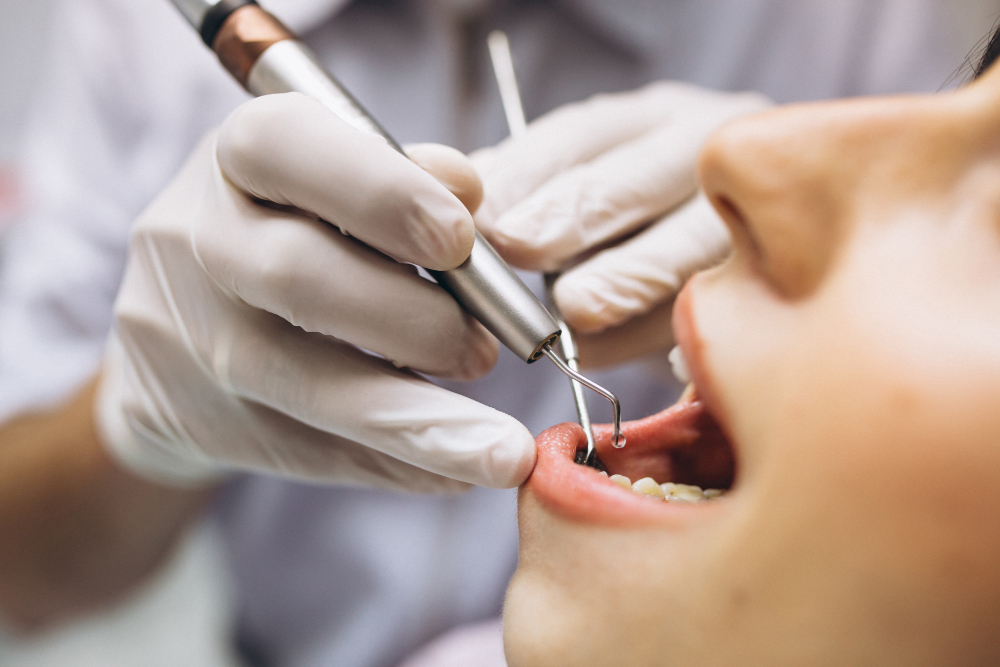Wisdom teeth
What are the symptoms of wisdom teeth problems?
The most common symptoms of wisdom teeth problems include:
- Pain: Wisdom teeth pain can be sharp and throbbing, or it can be a dull ache.
- Swelling: The gums around your wisdom teeth may become swollen and tender.
- Discomfort when chewing: Wisdom teeth can make it difficult to chew food, especially hard or
chewy foods. - Bad breath: Wisdom teeth that are impacted or infected can cause bad breath.
- Dry mouth: Wisdom teeth that are impacted or infected can also cause dry mouth.
If you are experiencing any of these symptoms, it is important to see a dentist right away.
What are the treatment options for wisdom teeth problems?
The treatment for wisdom teeth problems depends on the severity of the problem. In some cases, your dentist may simply monitor your wisdom teeth to see if they cause any problems. However, if your wisdom teeth are causing pain, infection, or other problems, your dentist may recommend that they be removed.
There are two main ways to remove wisdom teeth:
- Surgical extraction: This is the most common way to remove wisdom teeth. The dentist will make an incision in your gum and remove the tooth in pieces.
- Endolever extraction: This is a newer method of wisdom teeth removal that is less invasive than surgical extraction. The dentist will use a special tool to remove the tooth in one piece.
Which method is right for you?
The best way to remove your wisdom teeth is the method that your dentist recommends. Your dentist will consider the severity of your problem, your overall health, and your personal preferences when making a recommendation.
What are the risks of wisdom teeth removal?
The risks of wisdom teeth removal are relatively minor. However, there is always a risk of complications, such as:
- Infection: This is the most common complication of wisdom teeth removal.
- Bleeding: Bleeding can occur after wisdom teeth removal, but it usually stops on its own.
- Nerve damage: This is a rare complication of wisdom teeth removal.
- Jaw fracture: This is also a rare complication of wisdom teeth removal.
What should I expect after wisdom teeth removal?
After wisdom teeth removal, you will need to rest and avoid strenuous activity. You may also experience some pain, swelling, and bleeding. Your dentist will give you specific instructions on how to care for your mouth after wisdom teeth removal.
Wisdom teeth removal is a common procedure that can be done safely and effectively. If you are experiencing any problems with your wisdom teeth, be sure to see your dentist right away.





